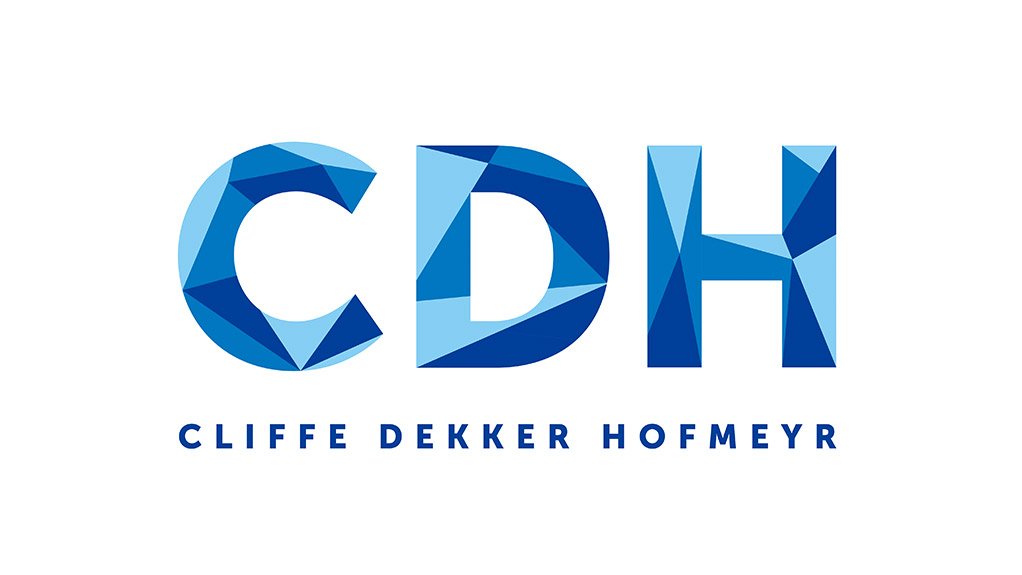As artificial intelligence (AI) tools become increasingly embedded in legal practice, there is a growing consensus that legal professionals can no longer afford to sit on the sidelines. Instead, they must actively engage with AI to remain competitive, while upholding their ethical obligations to the court, their clients, and the profession itself.
This was the prevailing message from a recent Cliffe Dekker Hofmeyr (CDH) webinar exploring how AI is reshaping the legal landscape. The panel, which included CDH’s Knowledge and Learning Director, Retha Beerman, and University of Johannesburg Vice-Chancellor, Professor Letlhokwa Mpedi, emphasised the urgent need to reform legal education and training in response to AI.
“No one has the luxury of ignorance anymore,” said Beerman. “Even if you're not using it, someone on your team might be. If they don’t disclose it and you don’t know what to look for, you could end up in front of a judge explaining why your candidate attorney relied on hallucinated cases – and that’s not hypothetical.”
This has significant implications for how lawyers are trained. According to Beerman, it is no longer enough to understand legal content or procedure in isolation. “The very nature of generative AI is that it sneaks up on you, gives you a false sense of security because it delivers reliable content time after time, and then slam, it gives you an absolute doozy at the worst possible time when you've started trusting it.”
She emphasised that legal education needs to be continuous, multidisciplinary, and focused on reinforcing judgement rather than just technical proficiency. “This isn’t about lawyers becoming engineers or coders. It’s about applying your mind. If you’re not going to apply your mind, we can do it without you. Lawyers will retain relevance only for as long as they know how to, and do, apply their minds responsibly.”
Professor Mpedi, co-author of AI and the Law, echoed these sentiments, describing AI as a fundamental shift that cannot be ignored by the legal community – or by law schools. Under his leadership, the University of Johannesburg has launched a public online course titled AI and the Fourth Industrial Revolution, which is open to all South Africans with a matric certificate — not just UJ students. The course, which takes around 50 hours to complete, aims to give legal professionals and students a foundational understanding of AI’s capabilities and limitations in order to build confidence and remove unnecessary fear.
“We don’t want law students to graduate not knowing what AI is,” said Mpedi. “Just having a basic understanding of what you’re dealing with helps a lot. It takes away the anxiety and all the fears that people may have.”
Mpedi’s work complements CDH’s own efforts to broaden industry-wide understanding of AI. According to Beerman, the firm is currently developing short courses on legal technology in partnership with tertiary institutions, with the aim of making them available beyond CDH. “Our obligation is not just to our own people,” she said. “As the lucky few who can afford to play with the technology and interrogate it, our obligation to inform goes beyond just our own lawyers.”
Both panellists stressed that legal skills must shift accordingly. AI will increasingly take over routine or repetitive work, such as document review or initial research sweeps, which means that legal professionals will be valued not for the time they spend, but for the thinking they apply.
This includes strategic foresight, lateral reasoning, and the ability to assess whether an AI-generated response is contextually appropriate or legally sound. As Beerman put it, “When we are acting in our official capacity, every word that comes out of our mouths, every word that we put on paper and submit to a court, constitutes an exercise of our ethical obligation to speak truth, to follow ethical guidelines. No single statement should purport to come from your own legal insights without you having read it and considered it, and without being sure that you know what it means.”
The legal sector, they argued, is at a crossroads. Legal professionals can either treat AI as a threat to be avoided – or as a catalyst for rethinking what it means to add value in a world where automation is becoming the norm.
“Our investment in AI is not a waste,” concluded Prof Mpedi. “We all have a role to play to flag these issues so that laws can catch up. Otherwise, it’s going to be the wild west out there.”
EMAIL THIS ARTICLE SAVE THIS ARTICLE ARTICLE ENQUIRY FEEDBACK
To subscribe email subscriptions@creamermedia.co.za or click here
To advertise email advertising@creamermedia.co.za or click here











